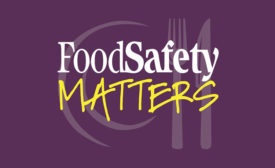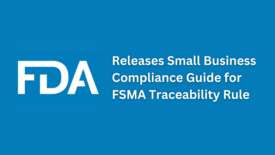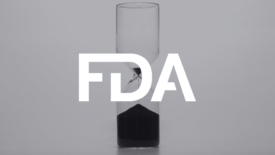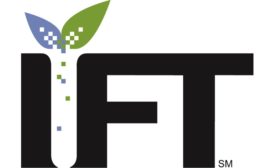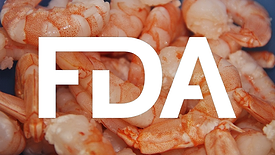FSMA
Food Safety for Food Security—How FDA and State Agriculture Departments Meet Global Food Safety and Supply Needs
The NASDA Foundation works with FDA and state agencies under a cooperative agreement to improve produce safety
June 12, 2023
BIZTRACKS
IFT Traceability Video Series to Help Food Businesses Achieve Compliance
April 11, 2023
Never miss the latest news and trends driving the food safety industry
eNewsletter | Website | eMagazine
JOIN TODAY!Copyright ©2025. All Rights Reserved BNP Media.
Design, CMS, Hosting & Web Development :: ePublishing
